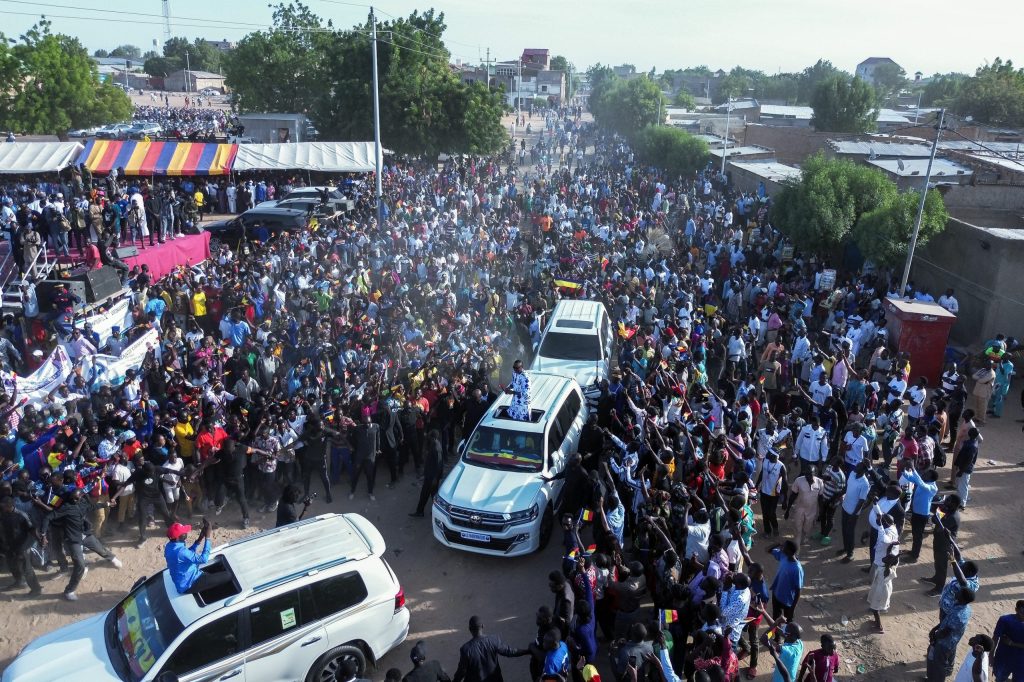In the aftermath of the closure of polling stations on Sunday, Chad is immersed in the process of counting votes following a contentious referendum on a prospective new constitution. According to Chadian authorities, the voter turnout has been deemed satisfactory. However, emerging reports hint at a palpable lack of enthusiasm among the electorate.
This electoral event is not merely a routine procedure; rather, it signifies a pivotal stride toward transitioning the nation to constitutional governance in the coming year. Nevertheless, widespread perceptions depict it as a strategic manoeuvre by the military-led administration to fortify its grip on power.
This development transpires on the heels of over a year marked by severe crackdowns on pro-democracy demonstrators.
In a twist of dissent, certain opposition factions and civil society entities have advocated for a boycott of the referendum. Their rationale centres on perceived deficiencies in transparency and equity throughout the entire process.
Interestingly, the proposed constitution bears a striking resemblance to the one nullified by the military in 2021.
Anticipated provisional results are slated for disclosure on the 24th of December, with subsequent validation by the Supreme Court four days thereafter.
The prevailing conjecture leans towards the widespread adoption of these proposals, setting the stage for forthcoming general elections in the latter part of the next year.
Diplomatic Escalation Unfurls as Sudan Expels Chadian Envoys in Reciprocal Gesture
Meanwhile, Sudan’s Ministry of Foreign Affairs has issued a directive mandating the swift departure of three Chadian diplomats within a 72-hour window—a retaliatory measure in response to Chad’s prior expulsion of Sudanese diplomats.
This diplomatic turbulence commenced when Chad’s government, on a preceding Saturday, declared four Sudanese diplomats associated with Sudan’s embassy in N’Djamena as “persona non grata,” imposing a similar 72-hour exit deadline.
The decision materialised after accusations by two Sudanese officials, who alleged Chad’s governmental interference in the ongoing conflict in Khartoum by lending support to the paramilitary group Rapid Support Forces (RSF).
A spokesperson for Chad’s government, quoted by the Reuters news agency, expressed unequivocal disapproval, branding the recurring statements from Sudanese authorities as unacceptable, hostile, and suggestive of a concealed agenda.

